
What’s the Line Between Normal and Abnormal Nighttime Urination?
What’s the Line Between Normal and Abnormal Nighttime Urination?
Waking up in the middle of the night to use the restroom isn't always a red flag. But when it starts happening regularly, interrupting your sleep or leaving you exhausted the next day, it might be time to look closer.
This common experience has a name: nocturia, or nighttime urination. Understanding what's normal and when it becomes abnormal can help you determine whether it's just a minor nuisance or a signal from your body that something needs attention.

What's Considered Normal?
Most healthy adults can sleep 6 to 8 hours without needing to urinate. That said, waking up once a night, especially after drinking fluids late in the evening or consuming alcohol or caffeine, is usually no cause for concern. As we age, our body produces less of the chemical that helps retain fluid. Combined with a gradual decline in bladder capacity, it's common for adults over 60 to experience occasional nighttime urination.
Normal nocturia:
-
Occurs once per night.
-
Doesn't disrupt your sleep quality.
-
Has an obvious cause, like drinking a lot of water or tea before bed.
When Does Nocturia Become Abnormal?
Nighttime urination becomes a potential health issue when it:
-
Occurs twice or more per night.
-
Interrupts your sleep cycle.
-
Leaves you feeling tired during the day.
-
Involves a sudden, strong, or painful urge.
-
Produces a large volume of urine at night.
-
Is paired with frequent urination during the daytime as well.
If these symptoms sound familiar, there may be an underlying cause worth exploring.
Common Causes of Abnormal Nocturia
Several medical and lifestyle factors can increase nighttime urination:
-
Overactive Bladder (OAB): Involuntary muscle contractions cause frequent urges to urinate, even at night.
-
Urinary Tract Infection (UTI): Can cause burning, urgency, and frequent nighttime trips to the bathroom.
-
Diabetes (Type 1 or 2): Excess sugar in the blood pulls more fluid into the urine.
-
Congestive Heart Failure: Fluid buildup in the legs during the day may return to circulation at night.
-
Sleep Disorders: Disrupted sleep increases your awareness of bodily functions, including the urge to urinate.
-
Medications: Especially diuretics or drugs taken late in the day.
Tips to Manage Nighttime Urination
Before jumping to conclusions, try these practical adjustments:
-
Limit fluids 2 to 4 hours before bedtime.
-
Avoid caffeine and alcohol in the evening.
-
Elevate your legs during the day to prevent fluid pooling.
-
Use compression socks if you have swelling or fluid retention.
-
Empty your bladder fully right before bed.
These steps can help reduce nighttime wake-ups and improve your sleep quality.
When to See a Doctor
If you're regularly waking up more than once per night to urinate and it's affecting your life, it's time to seek medical advice.
Your doctor may:
-
Recommend keeping a bladder diary to track fluid intake and bathroom visits.
-
Test for diabetes, kidney function, or urinary tract infections.
-
Evaluate your bladder health and medication regimen.
Final Thoughts
One nightly trip to the bathroom? Probably nothing to worry about. But if it becomes frequent, urgent, painful, or leads to daytime exhaustion, it's worth paying attention. Understanding what's normal for your age, lifestyle, and health can help you stay on top of your well-being. And when in doubt, don't hesitate to talk to your doctor, because a good night's sleep is vital to everything else.
News in the same category


The Most Effective Natural Way to Remove Gallstones

4 hidden signs of iodine deficiency in your skin, hair & nails
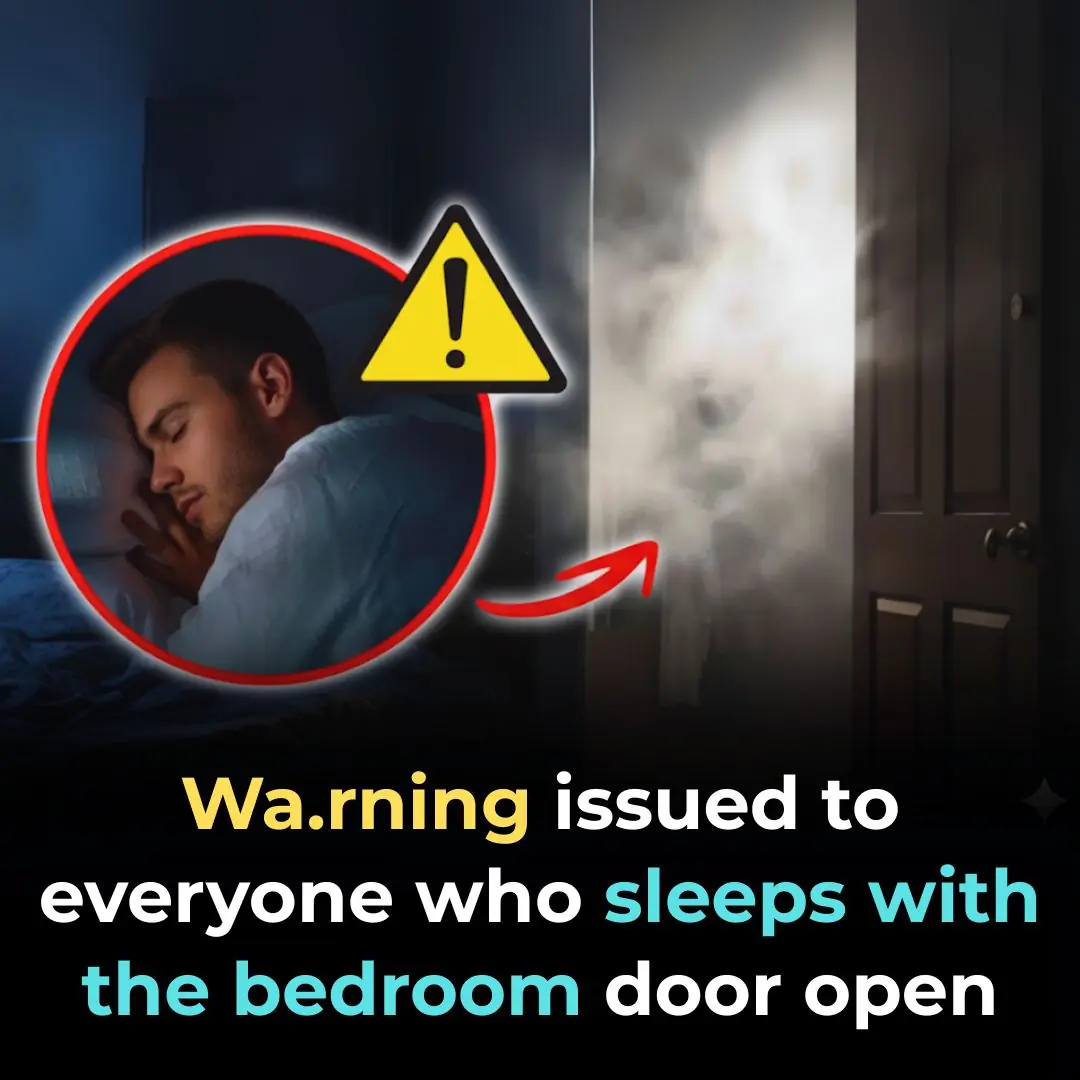
Here's why you should never sleep with the bedroom door open. FIND OUT MORE IN THE COMMENTS ⬇️

The Purple Maguey Plant — Benefits and Traditional Uses

How to Naturally Kill The Bacteria That Causes Bloating And Heartburn
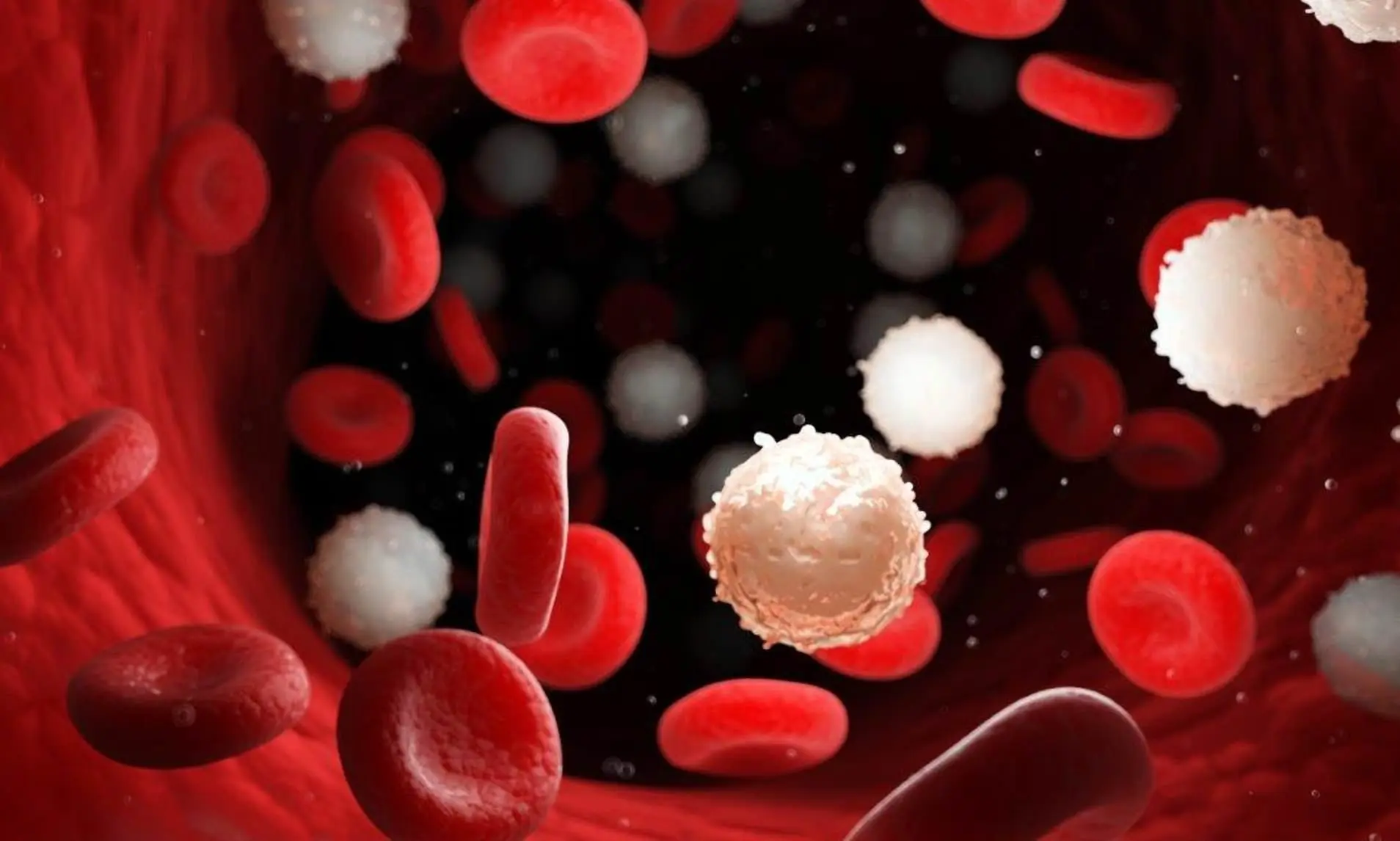
The Health Benefits of Fasting: How It Regenerates Stem Cells, Fights Cancer & Protects Your Heart

Bananas: The Common Fruit That Could Drastically Improve Your Health
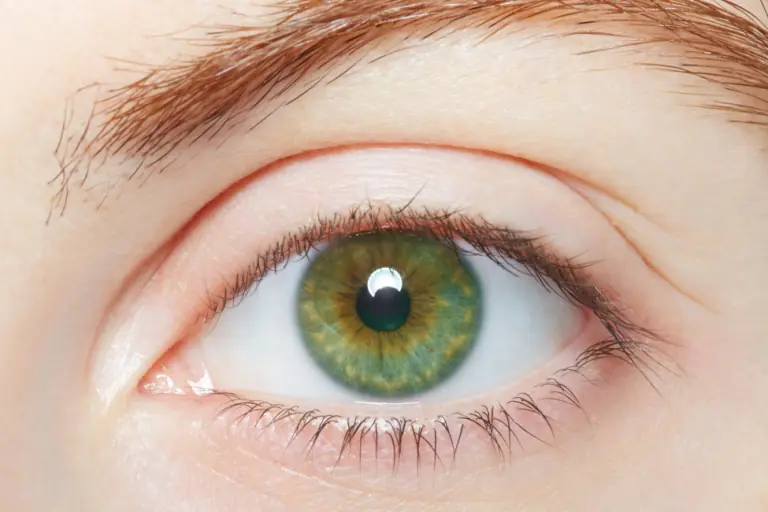
Why People with Green Eyes Are So Fascinating

Eat Red Onions Daily and Watch This Happen
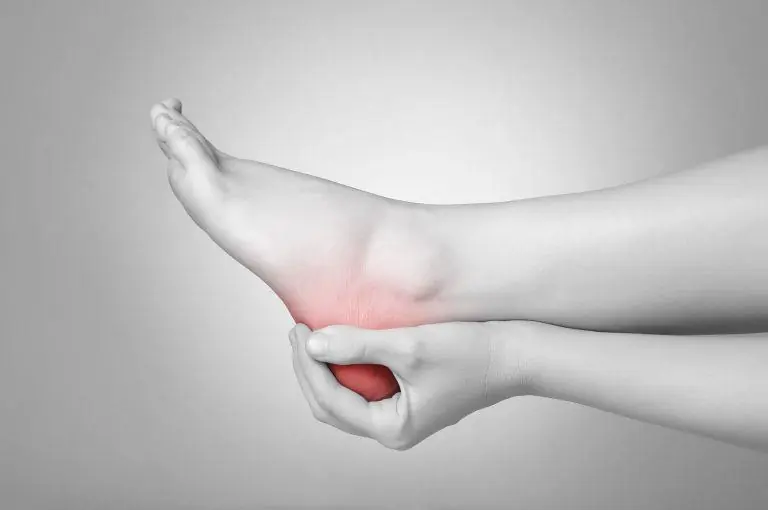
Effective Exercises to Relieve Heel Pain

The #1 FASTEST way to reverse fatty liver naturally

10 Unusual Signs Your Blood Sugar Is Constantly Too High

Horrifying Reality Of What Airport Security Are Able To See

Garlic, Onion & Olive Oil: The Ancient Trio That May Naturally Soothe Varicose Veins
Garlic, onion, and olive oil are humble ingredients with extraordinary benefits for circulation and vein health.
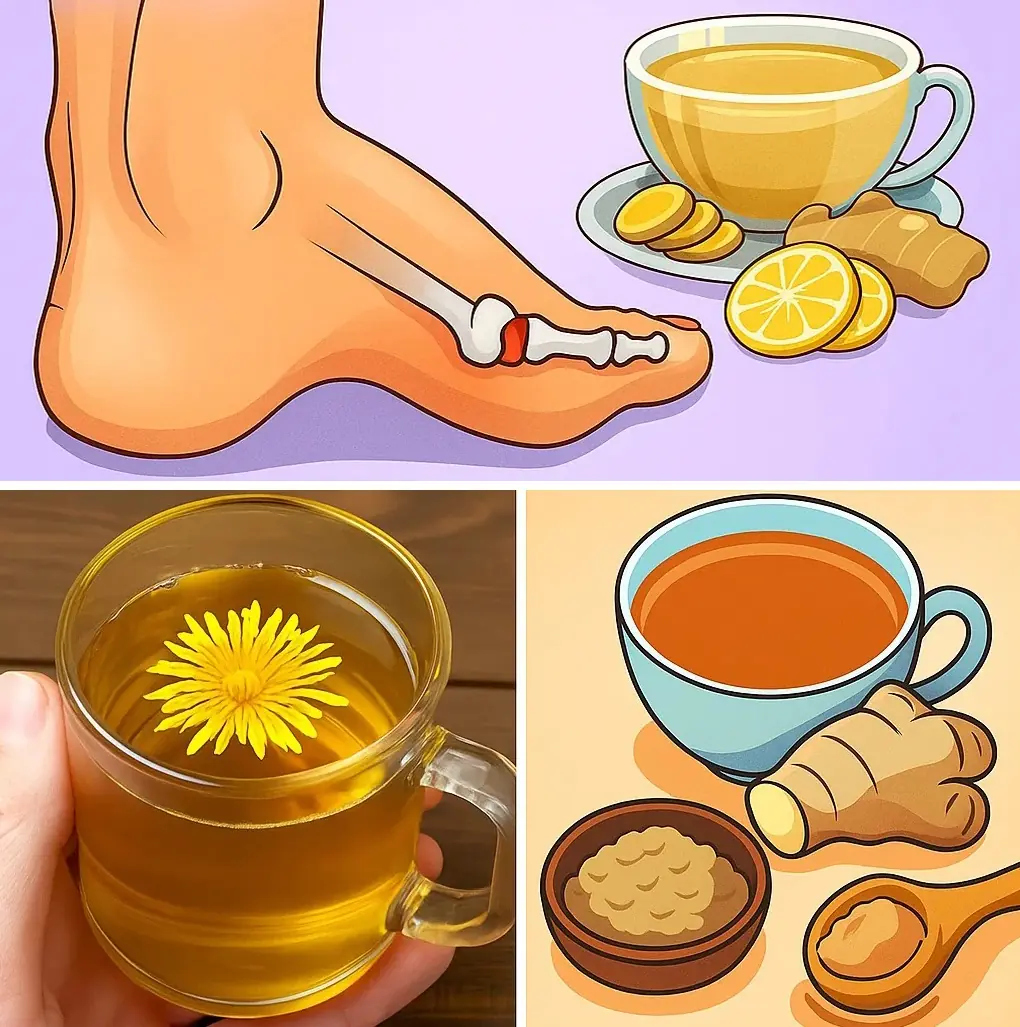
12 Powerful Herbal Teas to Naturally Lower Uric Acid and Ease Gout Pain
These teas work best alongside healthy lifestyle choices—balanced nutrition, hydration, and regular activity.

The surprising benefits of drinking apple cider vinegar before bed

Say Goodbye to Leg Cramps: 8 Vitamins Every Senior Needs for Stronger Legs

4 Things Your Feet Could Be Telling You About Your Liver Health
News Post

Forget 10,000 steps: Scientists prove 7000 steps gives you ‘almost identical’ life-saving benefits

The Most Effective Natural Way to Remove Gallstones

4 hidden signs of iodine deficiency in your skin, hair & nails

Objects People Were Confused About Their Purpose

Little Pocket in Women’s Underwear

What are the benefits of aloe vera? Here are 11 uses of aloe vera for health and skin

Just by looking at the spot on the crab's shell, 100% of the meat is packed to the brim, with my husband and children praising it non-stop.

These familiar fruits help improve sleep, especially number 1, which is both affordable and delicious.

Goosegrass: Health Benefits and Uses

7 Benefits of Chewing Raw Garlic on an Empty Stomach

Here's why you should never sleep with the bedroom door open. FIND OUT MORE IN THE COMMENTS ⬇️

Don’t Wash Your Wooden Cutting Board with Soap When It’s Moldy: Try This Simple Method to Make It Spotless in Just 5 Minutes

Mixing Essential Balm with Toothpaste: A Handy Tip Everyone Should Know, Both Men and Women Will Want to Follow Once They Discover It

They Call It the Blood Sugar Remover: The 100-Year Remedy That Heals Kidneys, Cleans Cholesterol, and Fights Diabetes Naturally

Top 5 Amazing Tips for getting rid of Blackheads and Whiteheads

14 Items to Throw Away Right Now

Group finds spiky creatures in nest – shocked when they realize what they are

The Purple Maguey Plant — Benefits and Traditional Uses

How to Naturally Kill The Bacteria That Causes Bloating And Heartburn
